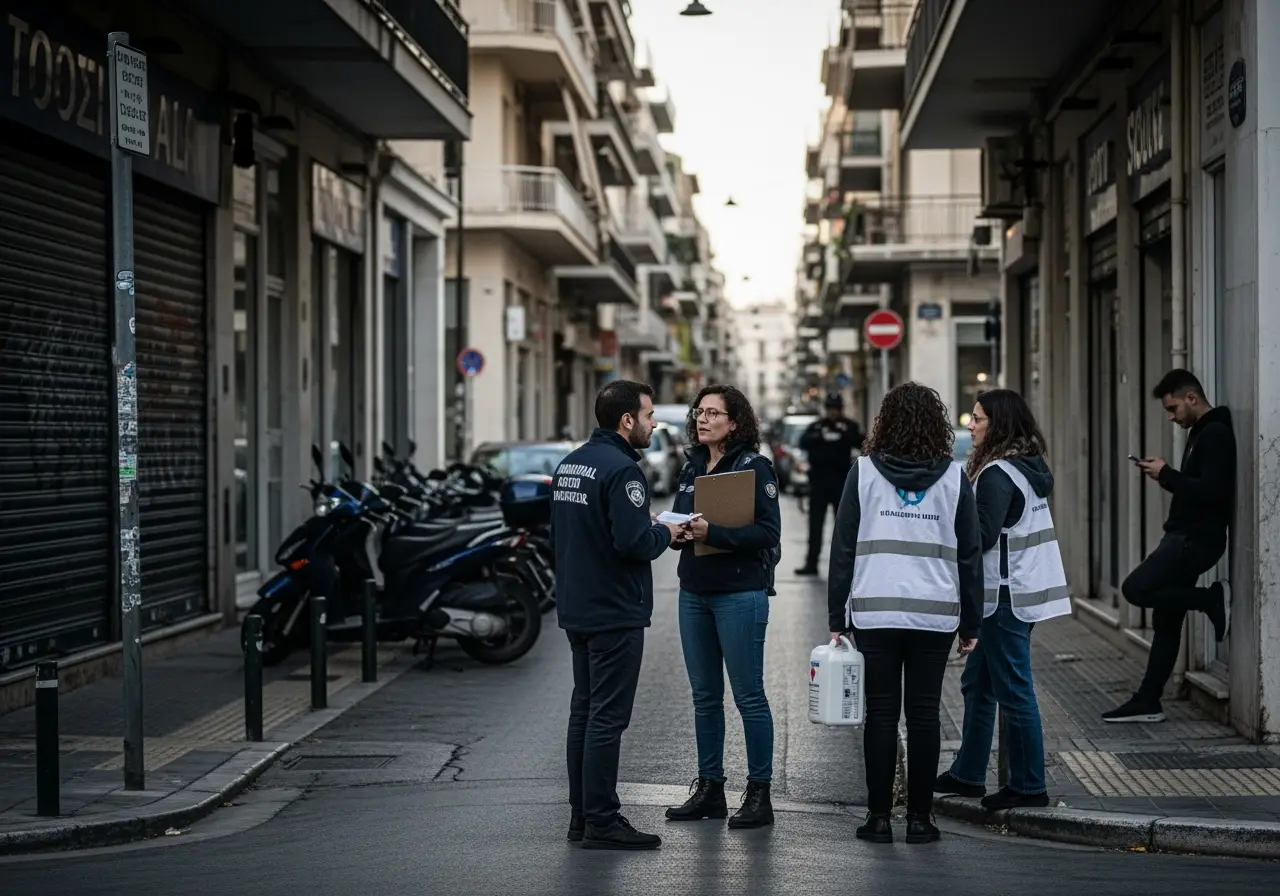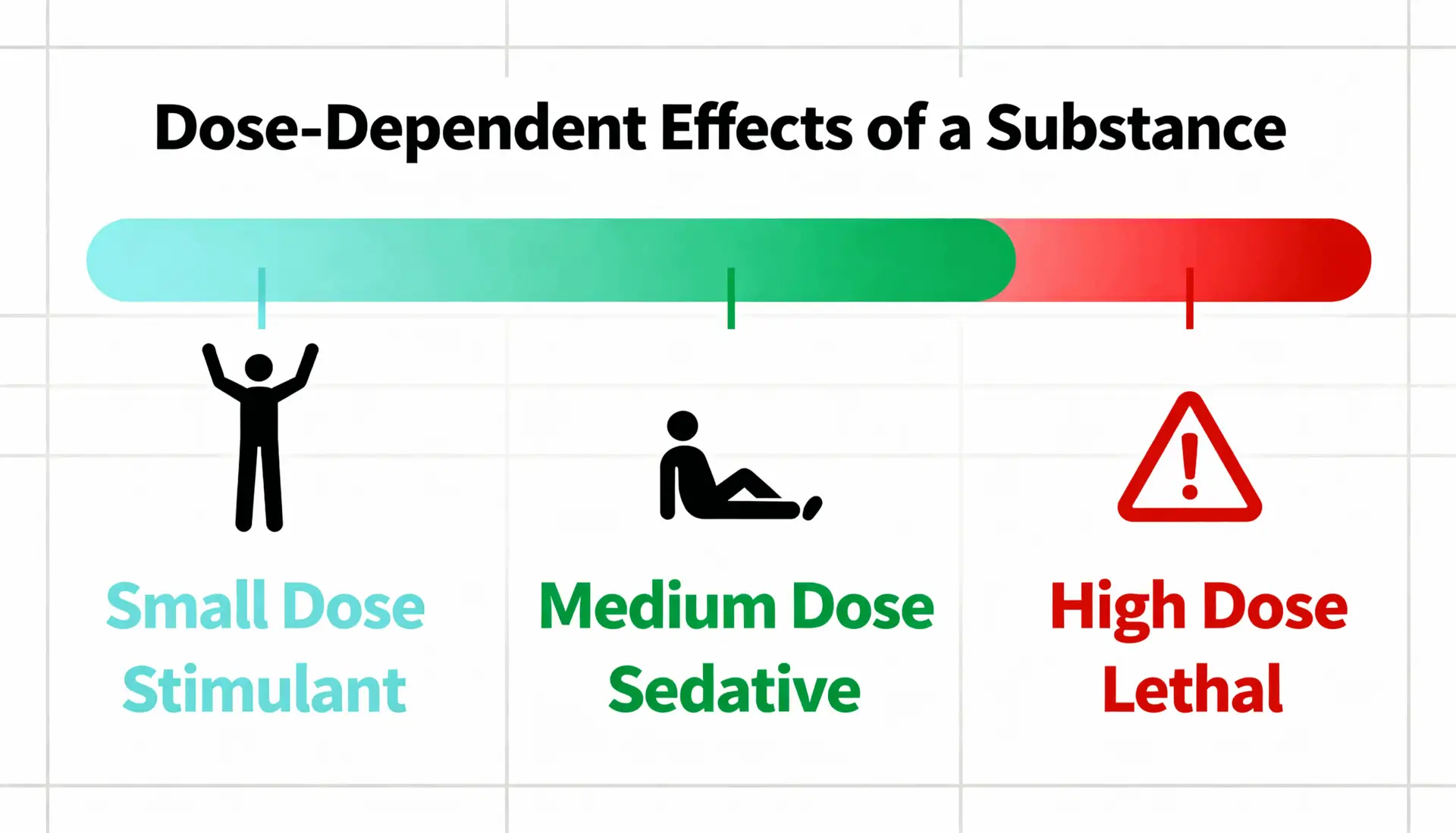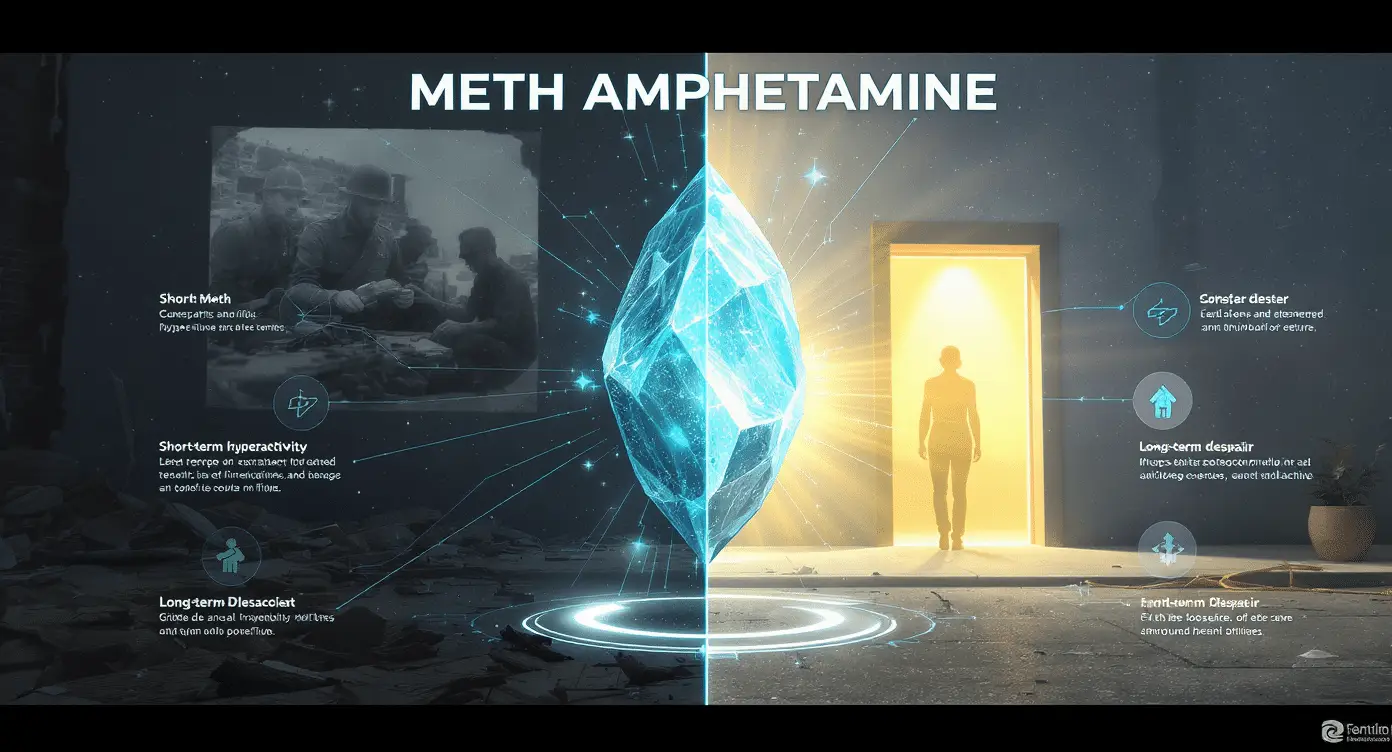The Hidden Cost of Being Europe’s Crossroads
The Greece drug crisis is growing at an alarming rate. Positioned at the gateway of Europe, Greece faces the dual challenge of being a major transit hub for heroin smuggling and a nation grappling with rising domestic addiction. While the country has taken bold steps in harm reduction, it remains on the front lines of Europe’s most complex drug war.
Heroin’s Lasting Grip on Greece
Heroin continues to be at the heart of the Greek drug crisis. As part of the Balkan Route, Greece is a key point of entry for heroin coming from Afghanistan and Iran. This has left the country with a large population of long-term opioid users, many of whom suffer from chronic addiction and related health issues.
Despite harm reduction efforts, heroin remains widely available. The user population is aging, requiring advanced medical support, while a new generation remains at risk due to ongoing drug trafficking.
Cocaine and Synthetic Stimulants on the Rise
While heroin dominates the narrative, cocaine and synthetic drugs like MDMA and amphetamines are gaining ground. In Athens, wastewater analysis has revealed a dramatic increase in cocaine consumption. What was once seen as a drug of the elite is now prevalent in nightlife culture and party scenes.
This surge in stimulant use signals a dangerous shift in the Greece drug crisis, with new substances joining the mix and increasing the health risks for youth.
A Generation at Risk: Youth and Cannabis Normalization
Among young people in Greece, cannabis remains the most widely used illicit drug. Over 20% of students report recent use. The normalization of cannabis, combined with the allure of party drugs, creates an environment ripe for dependency.
Economic instability, unemployment, and social pressure contribute to rising experimentation and addiction among Greek youth—fueling the long-term cycle of the drug crisis in Greece.
Public Health and Harm Reduction: A Fragile System
Greece has made major strides in harm reduction. Needle exchange programs and opioid substitution therapy (OST) helped contain the HIV outbreak in Athens in 2011–2013. Today, these programs remain vital.
Still, overdose deaths persist—230 in 2022 alone. With potent synthetic opioids like fentanyl threatening to enter the Greek market, the public health system is under immense pressure to prepare for the next wave of the Greece drug crisis.
Law Enforcement on the Front Line
Greek authorities face relentless pressure from drug trafficking networks that exploit the nation’s extensive coastlines and ports. In collaboration with Europol and international partners, large shipments of cannabis and cocaine are intercepted regularly.
Despite these efforts, vast amounts still enter the country. The illegal profits from this trade fund organized crime, eroding trust in institutions and destabilizing entire communities.
📎 Learn more about Narconon Europe’s drug-free rehabilitation approach.
A Real Solution: Addressing Demand, Not Just Supply
The Greece drug crisis cannot be solved by law enforcement alone. True change requires a reduction in demand. This is where the Narconon program offers a powerful solution. Through a drug-free detoxification method and comprehensive life skills training, individuals learn to regain control of their lives—without substitutes or endless therapy.
Every person who recovers through Narconon is one less victim for traffickers, and one more light in a country searching for hope.
📎 Read also: Italy’s heroin and mafia crisis
Sources:
- European Monitoring Centre for Drugs and Drug Addiction (EUDA) / European Drug Report
- Greek National Focal Point on Drugs and Drug Addiction (EKTEPN)
- University of Athens, Department of Forensic Medicine and Toxicology Reports
- Data synthesized from national and European reports on the drug situation.



